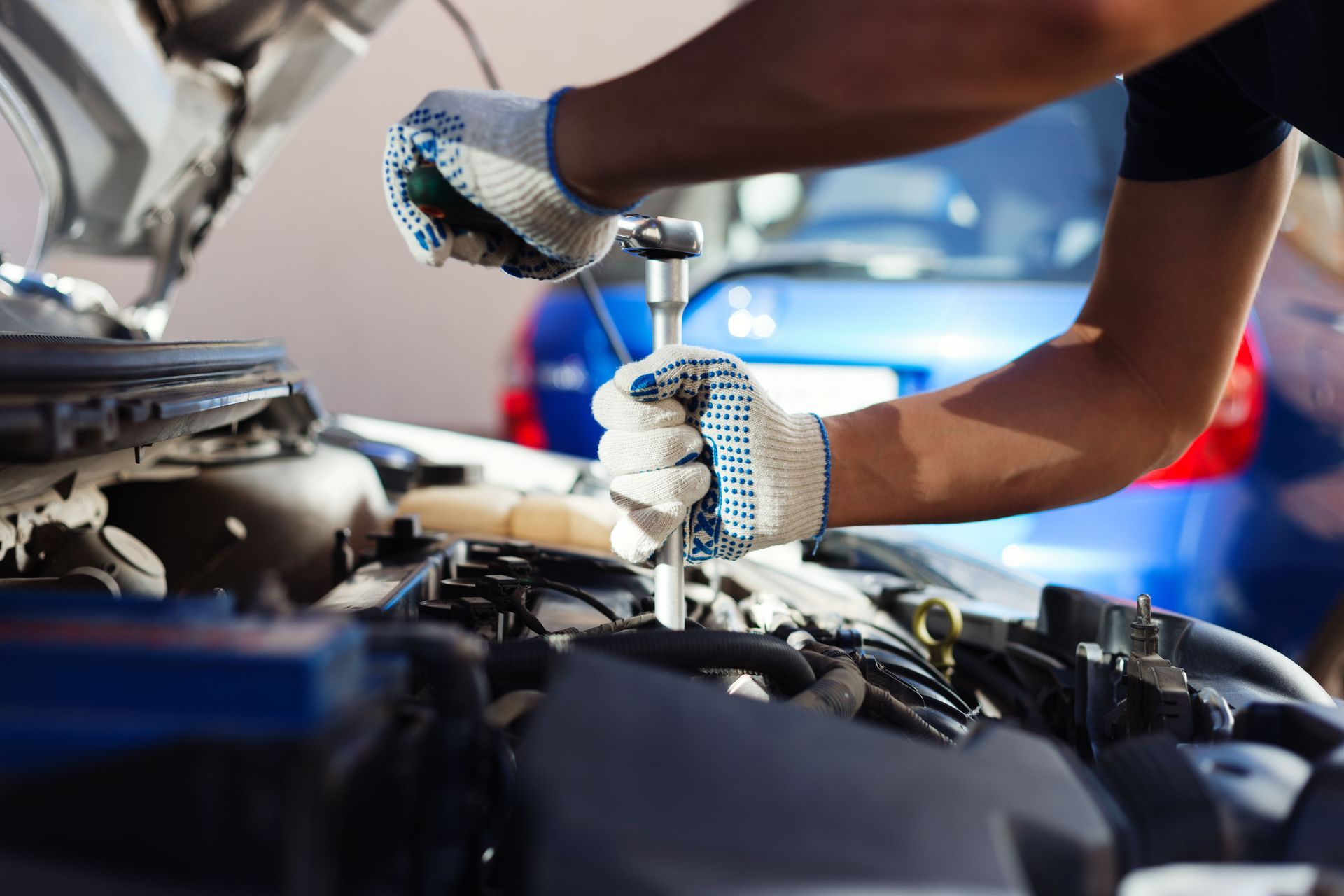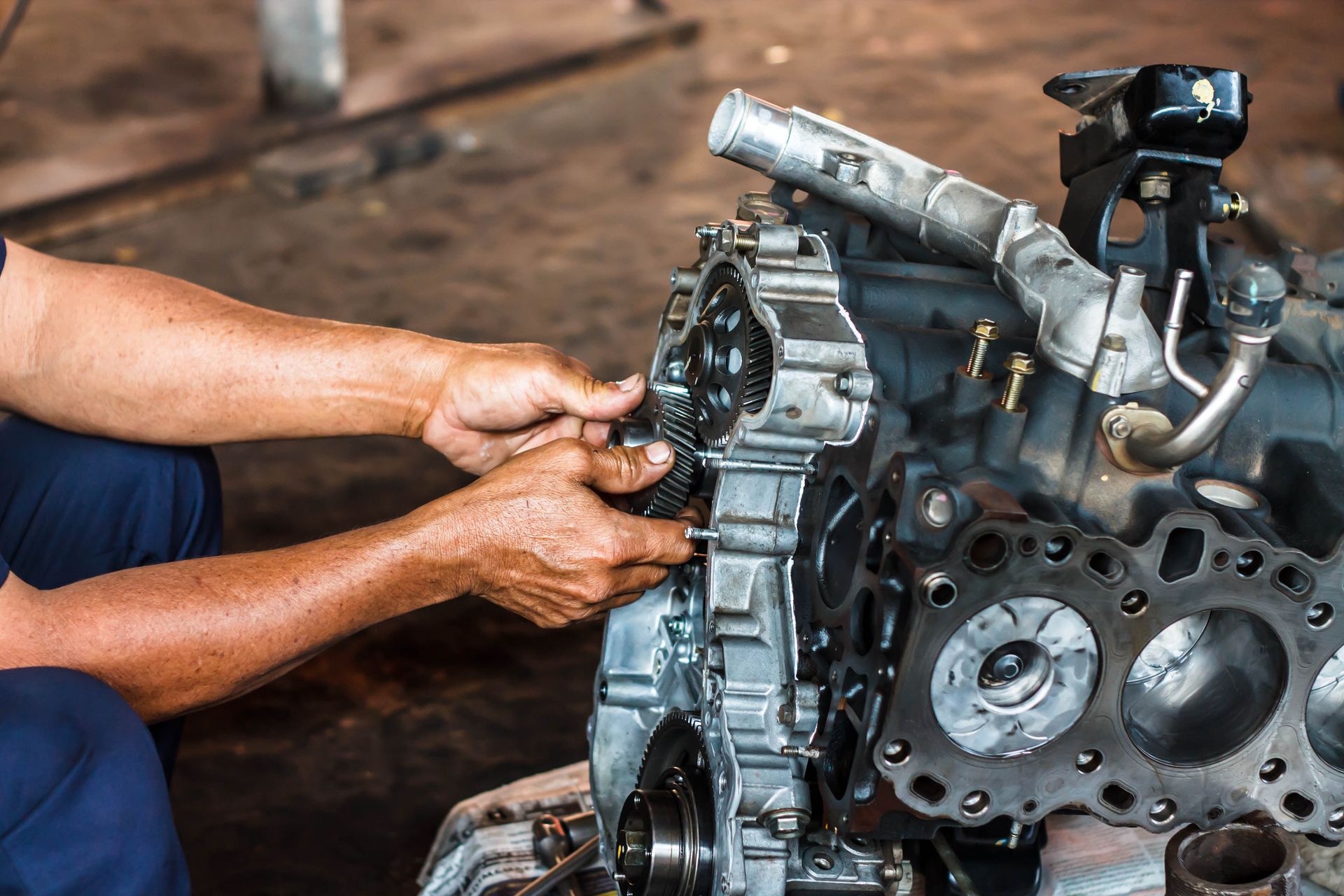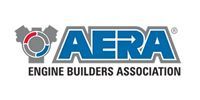What Are the Most Common Engine Repair Issues?
The engine is the heart of any vehicle, and its proper maintenance is crucial for reliable performance and longevity. An engine that is not well-maintained can lead to decreased fuel efficiency, increased emissions, and ultimately, costly repairs. By understanding common engine repair issues, vehicle owners can take preventive measures and make informed decisions, minimizing unexpected breakdowns and optimizing their vehicle's performance.
Poor Lubrication and Oil Leaks
Poor lubrication in an engine is primarily caused by insufficient or deteriorated engine oil. Engine oil serves as a lubricant, reducing friction between moving parts to prevent wear and overheating. When engine oil levels are low or the oil has broken down, it can no longer perform its essential functions. Common causes of poor lubrication include a lack of regular oil changes, using low-quality engine oil, or oil leaks that deplete the oil supply. A neglected oil change schedule can lead to sludge buildup and impede oil circulation, further exacerbating lubrication problems.
Detecting oil leaks early is crucial for maintaining engine health. Common signs of oil leaks include visible oil stains under the vehicle, particularly after being parked for some time. Drivers might also notice a burnt oil smell coming from the engine bay, a clear indication of oil dripping onto hot engine parts. Another sign of oil leaks is the low oil level warning light on the dashboard, prompting immediate attention to the oil system. Additionally, engines might sound noisier or run less smoothly when lubrication is insufficient, signaling the need for a thorough inspection.
Poor lubrication can significantly impact engine performance by increasing friction and wear among components. Friction not only causes components to overheat but also results in decreased efficiency and performance. As friction escalates, so does the engine's operating temperature, potentially leading to overheating and further complications. An overheated engine can subsequently cause damage to various engine parts, including the cylinder heads and gaskets.
Preventing poor lubrication and oil leaks begins with adhering to a regular maintenance schedule. Routine oil changes, as recommended by the vehicle's manufacturer, ensure that the engine is continuously supplied with the appropriate quality and quantity of oil. Using high-quality, manufacturer-recommended oil and oil filters further enhances lubrication efficiency and effectiveness.
Overheated Engine
An overheated engine is one of the most common and potentially damaging problems that vehicle owners can face. Overheating often occurs due to issues with the vehicle's cooling system. Low coolant levels, often due to leaks or evaporation, can cause insufficient heat dissipation, leading to overheating. According to Hyundai, replacing traditional green coolant is recommended every 30,000 miles or two years. Extended-life coolants, often orange or red, can last up to 100,000 miles or five years. Additionally, a malfunctioning thermostat can improperly regulate the release of coolant, preventing consistent engine temperature management. Blockages or damage within the radiator or coolant passages can further restrict fluid flow, exacerbating overheating problems.
An overlooked but common cause of overheating is a failing water pump, which prevents adequate coolant circulation throughout the engine block. Likewise, worn or damaged belts can impair the drive components necessary for proper cooling system function, contributing to temperature spikes. These causes underline the importance of regular inspection and maintenance of the entire cooling system, ensuring that all components function in synergy. Ignoring these issues often results in long-term damage to the engine, including warping of engine parts and catastrophic failure.
It's crucial to recognize the warning signs of an overheating engine early to prevent severe damage. One of the first indications may be the rising temperature gauge on the dashboard, indicating temperatures above normal operating levels. Additionally, a vehicle may exhibit steam or smoke emanating from under the hood, which is a clear visual cue of overheating. A sweet smell from the engine compartment, often due to escaping coolant, serves as another indicator of potential overheating due to a leak in the system.
Drivers might also notice a loss of engine power or strange noises, such as knocking or tapping, which indicates engine stress due to elevated temperatures. Another telltale sign is the intermittent or complete failure of the air conditioning system, as excessive heat can reduce its effectiveness. Recognizing these symptoms allows for prompt action, such as pulling over in a safe location to assess the situation, check coolant levels, and seek immediate repair services if necessary.
Faulty Ignition System
The vehicle's ignition system is vital for starting the engine and ensuring its smooth operation. It consists of several key components, including the ignition switch, spark plugs, ignition coils, and the distributor. The ignition switch initiates the engine start-up process by sending a signal to the ignition coils. These coils transform the battery's low voltage into a much higher voltage necessary to create a spark. This spark from the spark plugs ignites the air-fuel mixture in the engine cylinders, allowing the engine to run.
The ignition system also incorporates the distributor, which directs the high-voltage output from the ignition coil to the correct spark plug at the right time. This precise timing ensures efficient combustion and optimal engine performance. Any malfunction in these components can lead to ignition failure, affecting the engine's ability to start or run smoothly. The complexity and interconnectivity of the ignition system underline the importance of regular maintenance and inspection to prevent potential breakdowns and costly repairs.
The symptoms of ignition system problems can vary widely, but generally impact the engine's starting and performance. Difficulty starting the engine is a common early sign of ignition issues, often due to weak or absent sparks from the spark plugs. Engine misfires, characterized by inconsistent engine sound or vibrations, often signal problems with ignition timing or insufficient spark generation. Rough idling is another symptom, where the engine runs unevenly and lacks smoothness when stationary.
Fuel System Issues
Fuel system issues can significantly affect a vehicle's performance, fuel efficiency, and emissions. Common indicators of fuel system problems include difficulty starting the engine, often caused by inadequate fuel delivery to the engine. The engine might also experience power surges or stalls during acceleration, indicating an inconsistent fuel supply by the fuel system. Reduced fuel efficiency or an increased frequency of refueling can point to inefficient fuel combustion due to fuel system faults.
Furthermore, drivers might notice unusual engine sounds or vibrations, suggesting improper fuel-air mixture due to fuel system issues. Another indication is the smell of gasoline inside or outside the vehicle, possibly due to a leak in the fuel lines or the fuel tank. Recognizing these symptoms allows for a timely inspection of the fuel system, preventing further damage and ensuring efficient engine operation.
Common fuel system failures include problems with the fuel pump, which can fail to deliver enough fuel to the engine, affecting performance. A clogged fuel filter can restrict fuel flow, leading to power loss and reduced engine efficiency. Fuel injectors, which atomize fuel into the engine's intake manifold or cylinders, can become clogged or fail, resulting in an improper fuel-air mixture.
Leaks within the fuel system, such as those in the fuel lines, connections, or the fuel tank, present significant safety hazards and lead to reduced fuel economy. Faulty pressure regulators can affect the fuel system's ability to maintain the correct pressure for effective fuel delivery. Regular inspection and maintenance of fuel system components are vital to preventing these failures and maintaining efficient vehicle performance. If you need an
engine repair or want to learn more, contact Advantage Engine Restoration.






Share On: